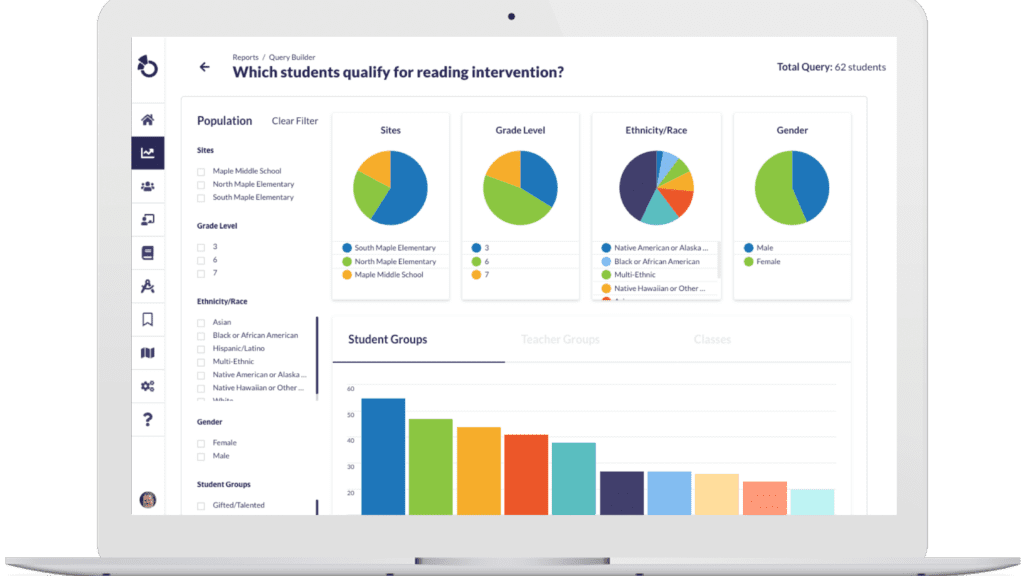Understanding and Bridging the Empathy Gap in Schools with Dr. Don Parker
By: David Specht
Beyond Content Teaching
"If a teacher thinks that they can just be content teachers and not teach the importance of social-emotional learning, then that's just like bringing a knife to a gunfight. We have to have those anger management skills, those de-escalation strategies, and that leverage in a relationship that we have with students in order to see the behavior that we want to see out of them to create those productive learning environments."
-Dr. Don Parker
The Power of Relationships
In Dr. Parker’s latest book, “Be the Driving Force: Leading Your School on the Road to Equity,” he underscores the crucial role of relationships in education. He emphasizes the significance of building trust and respect with students, recognizing that these connections are essential for combating the effects of trauma. With the support of a caring adult, resilience in students can flourish. These positive connections show students that their best interests are a priority, encouraging open communication and active engagement in their own learning process.
For example, a student might act out in class due to feeling misunderstood or isolated. A teacher who invests time in building trust can create a safe space for this student to express themself and begin to participate more positively.
"When a teacher can form a positive, trusting relationship with a student who has trauma, then that student will understand that the teacher has their best interests in mind. And so the teacher now can leverage that relationship to let the student know, ‘Hey, I care about you. I have your best interests at heart, and I want to see you be successful.’"
-Dr. Don Parker
Warmly Demanding High Expectations
"Being a warm demander is setting high expectations for students and giving students the support needed to reach those expectations. It's letting a student know that they're capable and telling them, 'I care about you. I'm going to support you to meet these expectations, but I'm not going to settle for less out of you.'"
-Dr. Don Parker
Creating Safe and Supportive Environments
Teachers who are trauma-informed prioritize creating safe and supportive environments where students can manage their emotions effectively. By establishing calming spaces within the classroom, teachers provide students with a designated area to work through their emotions and alleviate stress. These spaces offer students the opportunity to relax and practice self-care, allowing them to return to learning with a renewed focus and sense of calm.
"A lot of teachers are building calming centers in their classrooms, where if a student needs a break, they can go and sit in a bean bag chair, meditate, and breathe. When teachers are trauma-informed, they set up spaces where students can go to manage their emotions before returning to learning."
-Dr. Don Parker
Equipping Students for Future Success
Educators play a huge role in preparing students for success beyond the classroom by focusing on essential skills such as problem-solving, collaboration, and critical thinking. By incorporating SEL into the curriculum, teachers equip students with the tools and strategies needed to navigate complex challenges and succeed in today’s workforce. By creating a classroom environment that promotes emotional intelligence and interpersonal skills, educators empower students to become resilient, adaptable, and effective contributors to society.
For example, a teacher might assign group projects that require students to collaborate, communicate effectively, and think critically to solve real-world problems. Through these experiences, students develop not only academic knowledge but also valuable interpersonal skills that are highly sought after in today’s job market.
"We're preparing students to be productive in today's workforce, and to prepare them, we have to think about the skills that students need, including problem-solving, collaboration, and critical thinking. It's important to equip teachers with the skills and strategies to teach students about these skills and emotional intelligence."
-Dr. Don Parker
Just as Dr. Parker helps entire schools to implement these strategies, you, too, can incorporate them into your own classroom to create a more inclusive and supportive environment where all students can thrive. Together, let’s continue to prioritize empathy and social-emotional learning in our classrooms, ensuring every student has the opportunity to reach their full potential.
If you'd like to get in touch with Dr. Parker regarding professional development bookings, please visit his website.
Request a demo!
See exactly how Otus can help your school accelerate student growth and improve student outcomes – all while saving educators time.





